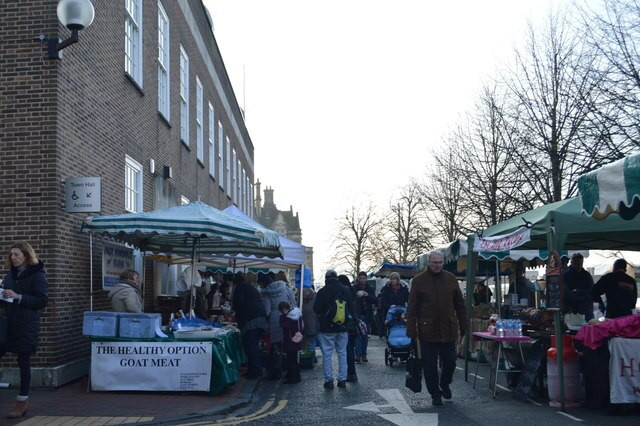In a rare display of dissent, thousands of British farmers gathered outside Parliament on Tuesday to protest a proposed inheritance tax that they argue could decimate family-run farms and threaten the country's food supply. The measure, set to take effect in 2026, imposes a 20% tax on agricultural estates valued at over £1 million ($1.3 million), ending a long-standing exemption that allowed farms to pass tax-free through generations.
Waving banners that read "No Farmers, No Food, No Future" and chanting slogans like "Starmer the Farmer Harmer," the protesters-some of whom drove tractors through central London-voiced their anger at Prime Minister Keir Starmer's Labour government. "Everyone's mad," said Olly Harrison, a fifth-generation farmer from Liverpool who co-organized the demonstration. "Many want to take to the streets and block roads and go full French."
The protest marks an unusual escalation for UK farmers, who are generally less militant than their European counterparts. Jeremy Clarkson, the television personality and a recent farmer, joined the rally, urging the government, "Please back down."
At the heart of the dispute is the government's decision to eliminate a decades-old tax exemption on agricultural properties. Farmers argue that while their land and equipment may have high market values, profit margins are often slim, leaving heirs with no choice but to sell off land to pay the tax. "It's being taken out of my hands by someone who's been in Parliament for literally days," said Emma Robinson, whose family has farmed in northwest England for 500 years.
Dear Labour,
EVERYONE in Britain hates you - that’s why all these people are in London today to support British Farmers & it’s only just the beginning.
Resign now. pic.twitter.com/FID1Jw1n6P — Concerned Citizen (@BGatesIsaPyscho) November 19, 2024
The Labour government maintains that the change targets only the wealthiest farms, affecting approximately 500 estates annually, and will help fund public services. The tax rate for affected farms is set at half the typical 40% inheritance tax rate and can be paid in installments over a decade. Environment Minister Steve Reed defended the measure, stating, "The vast majority of farmers will pay no more."
However, the National Farmers' Union (NFU) disputes the government's figures, claiming that more than 60% of working farms could be affected. "The human impact of this policy is simply not acceptable," NFU President Tom Bradshaw said. "It's kicking the legs out from under British food security." Farmers fear the tax will exacerbate existing pressures from volatile weather, global instability, and the economic fallout of Brexit.
"Four out of the last five years, we've lost money," said Harrison. "The only thing that's kept me going is doing it for my kids." The value of farmland has surged due to investment interest, driving up prices and making it harder for young farmers to enter the industry. "It's become the most effective way for the super-rich to avoid paying their inheritance tax," Reed wrote in a newspaper op-ed, claiming high land costs have "robbed young farmers of the dream of owning their own farm."
Many farmers, dressed in olive-green Barbour jackets and traditional countryside attire, came to Parliament Square not just to protest but to seek dialogue. More than 1,800 farmers met with lawmakers in a "mass lobby" organized by the NFU. "We want to farm for life, for future generations, not just for today," said Heidi Fermor, who runs a fruit and vegetable farm in southeast England. "Listen. Meet the people who want to talk to you, and listen."
Starmer's spokeswoman, Camilla Marshall, acknowledged the difficulty of the decision but said the government would not reconsider. The tension reflects broader discontent with the Labour government's tax measures and the economic strains faced by rural communities. Deputy NFU President David Exwood accused the government of "completely blowing their trust with the industry."




